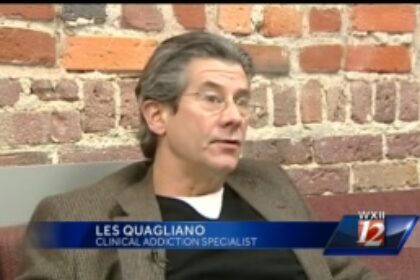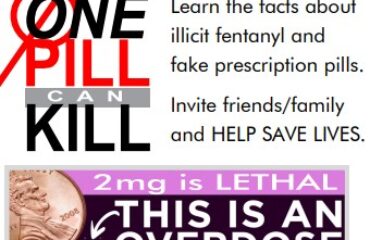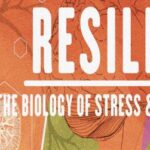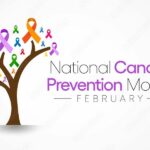The Stigma of Addiction

People who face addiction also deal with the social stigma attached to having an alcohol or drug problem. Addiction is a powerful disease that changes people and often leads to a life of repeated disappointments and failed restarts. These failures are frequently visible to friends, family, and employers.
As family and others watch on, often through many years, frustration can mount as those in addiction struggle to get a grip on their disease in the hope of remaining drug free. “Maybe this time” is a common refrain echoed by family and concerned others as they take a deep breath hoping that their friend or loved one will finally stay sober this time.
Historically, society has critically looked down upon addiction and this has led to a persistent stigma that still exists today. The stigma is perpetuated by the baffling nature of the disease itself – which is one frequently characterized by relapse.
WXII12 had a short news segment the other evening touching on the stigma of addiction and the way in which addiction is often treated differently from other illnesses. Les Quagliano, a clinical addiction specialist for Alcohol and Drug Services in Greensboro, shared that in his experience addictive illness has not received the same level of support as other medical conditions. With Greensboro’s rising opioid addiction problem, additional support & funding would be extremely useful in getting more addicted individuals into treatment.
Stigma acts to keep addicted people out of treatment, cut off from help, and living in isolation where the disease of addiction only worsens. Seeking help is critical in overcoming addiction. With limited support & funding for treatment services, addicted individuals often discover that being placed on a waiting list is the first alternative. Some hold on and eventually make it into treatment while others are not so fortunate.
There is no easy answer. Addiction is a widespread problem and one that is not going away. Consequently, families, communities, and government leaders will continue to explore ways to address this problem. Thank you for your interest in this topic. Your support is always appreciated as well.
A link to the WXII news segment on stigma is located here.
To make a donation to Alcohol and Drug Services (ADS).











